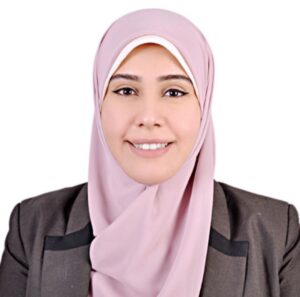
Congratulations to Reham Sewilam for being awarded a Graduate Student Travel Award for the American Society for Biochemistry and Molecular Biology (ASBMB) meeting in San Antonio. Reham is a Ph.D. student in Dr. Robert Eoff‘s lab.

Congratulations to Reham Sewilam for being awarded a Graduate Student Travel Award for the American Society for Biochemistry and Molecular Biology (ASBMB) meeting in San Antonio. Reham is a Ph.D. student in Dr. Robert Eoff‘s lab.

The role of cytochrome P450 3A4-mediated metabolism in sorafenib and lapatinib hepatotoxicity.
McGill MR, Kaufman YJ, LoBianco FV, Schleiff MA, Aykin-Burns N, Miller GP.
Livers. 2023
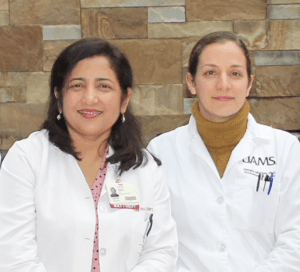
Modulation of Hematopoietic Injury by a Promising Radioprotector, Gamma-Tocotrienol, in Rhesus Macaques Exposed to Partial-Body Radiation.
Garg TK, Garg S, Miousse IR, Wise SY, Carpenter AD, Fatanmi OO, van Rhee F, Singh VK, Hauer-Jensen M.
Radiat Res. 2023

Congratulations to Kanishka Manna on the successful defense of his dissertation on “Techniques in Multi-Omics Data Integration to Develop a Novel Proteogenomics Framework for Identification of Proteoforms”. Dr. Manna’s advisors were Dr. Stephanie Byrum and Dr. Michael Robeson. Dr. Manna will be a computational postdoctoral scholar at Chobanian & Avedisian School of Medicine, Boston University.
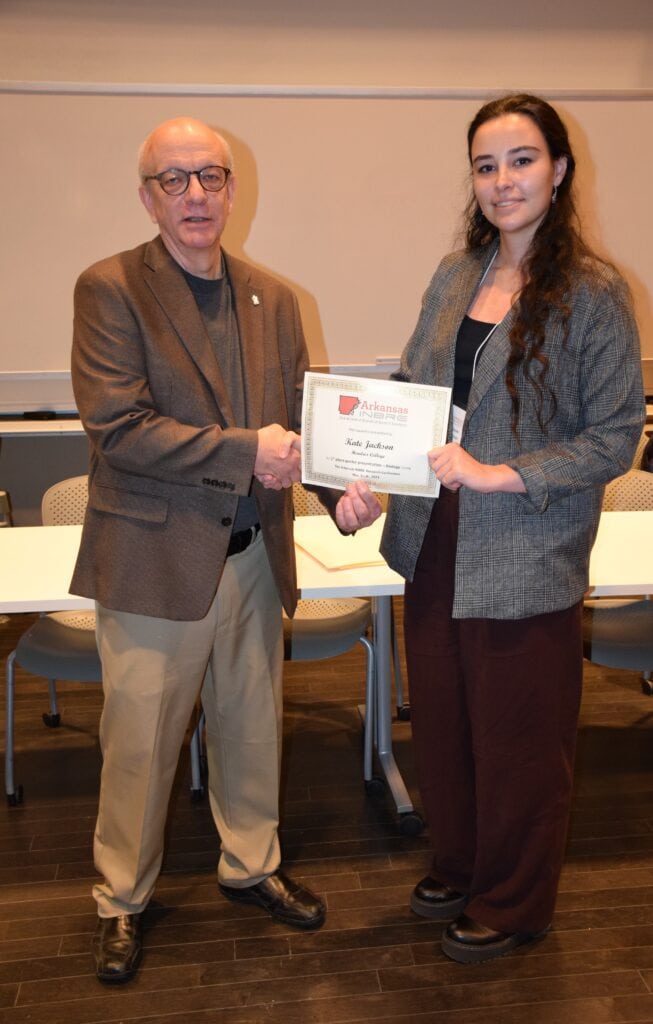
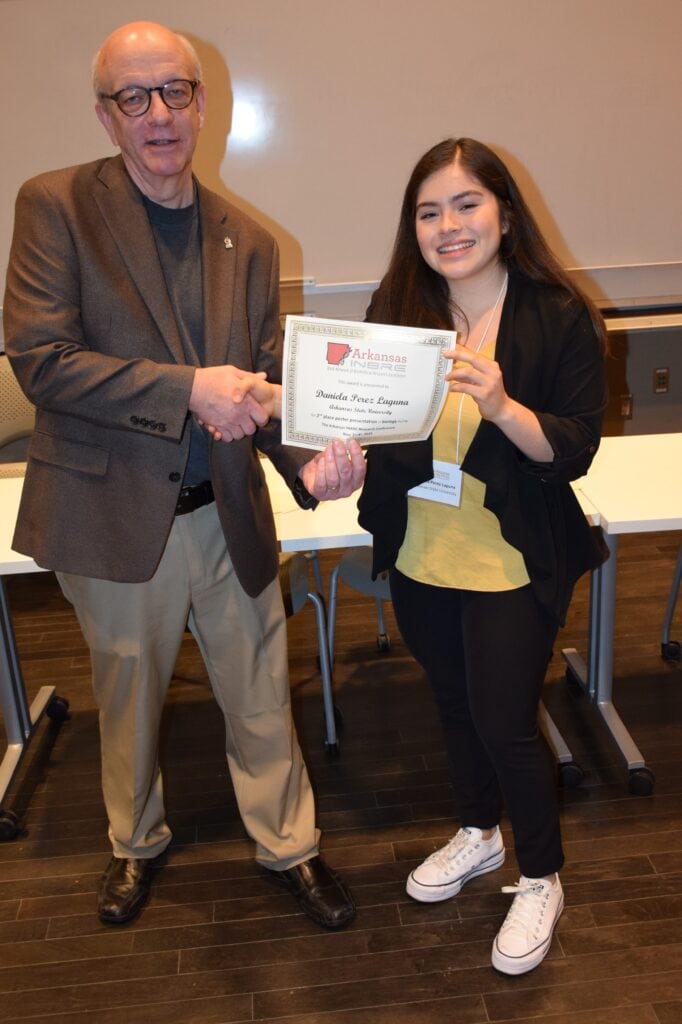
Several undergraduate students who performed summer research in the Biochemistry Department presented their research at the Arkansas INBRE fall conference.
Poster presenters included:
Oral presenters included:
Two of these students won awards for their poster presentations!
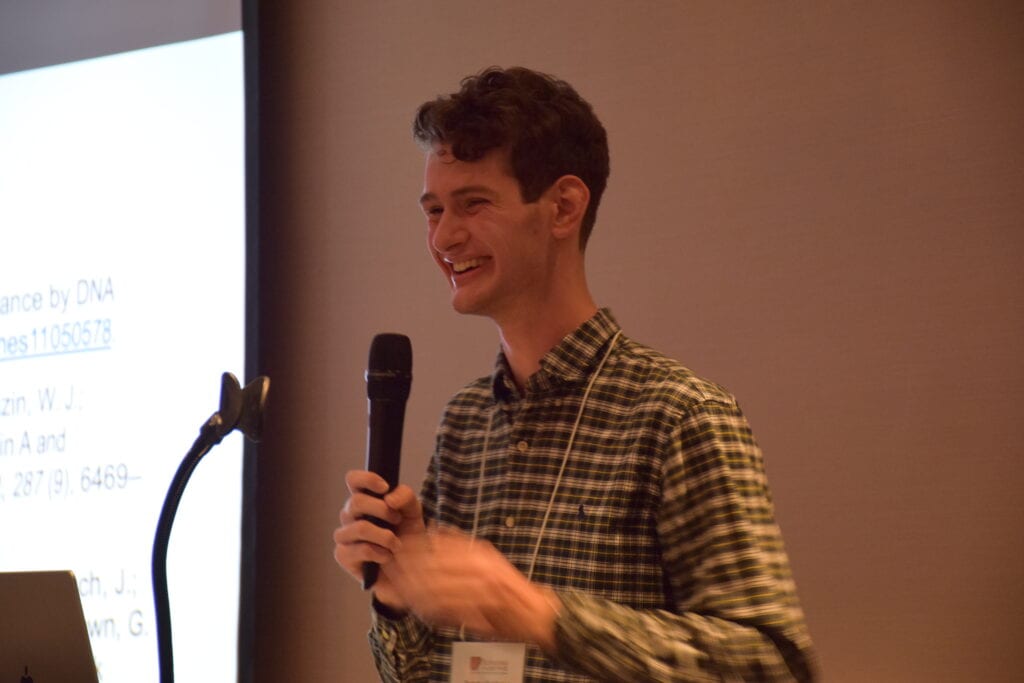
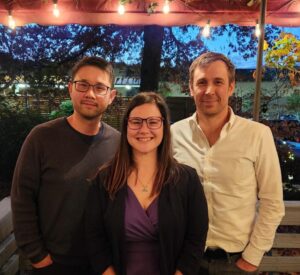
Congratulations to Jessica Kelliher on the successful defense of her dissertation on “Molecular Mechanisms of the Phospho-Ubiquitin Axis in the Response to Double-Stranded Breaks”. Jessica’s advisors were Dr. Justin Leung and Dr. Brian Koss. Dr. Kelliher will be staying at UAMS as a postdoctoral fellow in Dr. Brian Koss’s lab.

RNA Splicing in Cancer and Targeted Therapies.
Islam MR, Nagar P, Neetole ST, Wan L, Rahman MA.
Genes (Basel). 2023
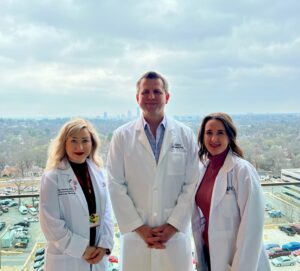
Synthesis and Anti-Melanoma Activity of Acryloyl Pyridinone Analogues.
Urbaniak A, Bathula C, Chauhan J, Rai P, Thammathong J, Clark C, Heflin B, De Loose A, Avaritt N, Rodriguez A, Tackett AJ, Sen S, Banerjee S.
Chem Biodivers. 2023
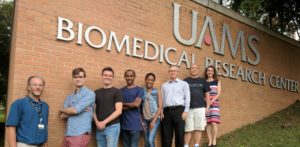
Pif1 Helicase Mediates Remodeling of Protein-Nucleic Acid Complexes by Promoting Dissociation of Sub1 from G-Quadruplex DNA and Cdc13 from G-Rich Single-Stranded DNA.
Chib S, Griffin WC, Gao J, Proffitt DR, Byrd AK, Raney KD.
Biochemistry. 2023

TNRC18 engages H3K9me3 to mediate silencing of endogenous retrotransposons.
Zhao S, Lu J, Pan B, Fan H, Byrum SD, Xu C, Kim A, Guo Y, Kanchi KL, Gong W, Sun T, Storey AJ, Burkholder NT, Mackintosh SG, Kuhlers PC, Edmondson RD, Strahl BD, Diao Y, Tackett AJ, Raab JR, Cai L, Song J, Wang GG.
Nature. 2023
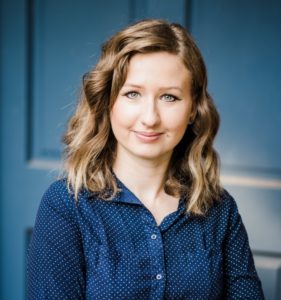
Experimental pharmacology in precision medicine.
Urbaniak A, Thummel KE, Alade AN, Rettie AE, Prasad B, De Nicolò A, Martin JH, Sheppard DN, Jarvis MF.
Pharmacol Res Perspect. 2023
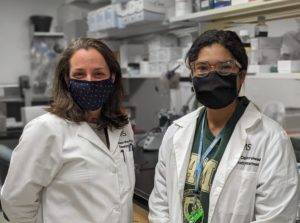
Resveratrol induces major histocompatibility complex class I antigen presentation in a STING-dependent and independent manner in melanoma.
Morehead LC, Koss B, Fil D, Heflin B, Garg S, Wallis KF, Tackett AJ, Miousse IR.
Mol Immunol. 2023
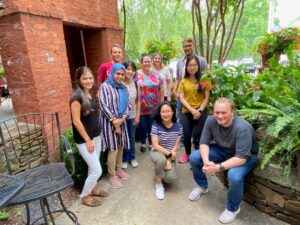
Bifunctional inhibitor reveals NEK2 as a therapeutic target and regulator of oncogenic pathways in lymphoma.
McCrury M, Swafford K, Shuttleworth SL, Mehdi SH, Acharya B, Saha D, Naceanceno K, Byrum SD, Storey AJ, Xu YZ, Doshier C, Patel V, Post GR, De Loose A, Rodriguez A, Shultz LD, Zhan F, Yoon D, Frett B, Kendrick S.
Mol Cancer Ther. 2023

Characterization of methionine dependence in melanoma cells.
Garg S, Morehead LC, Bird JT, Graw S, Gies A, Storey AJ, Tackett AJ, Edmondson RD, Mackintosh SG, Byrum SD, Miousse IR.
Mol Omics. 2023

Identification of Regulatory Elements in Primary Sensory Neurons Involved in Trauma-Induced Neuropathic Pain.
Stephens KE, Moore C, Vinson DA, White BE, Renfro Z, Zhou W, Ji Z, Ji H, Zhu H, Guan Y, Taverna SD.
Mol Neurobiol. 2023
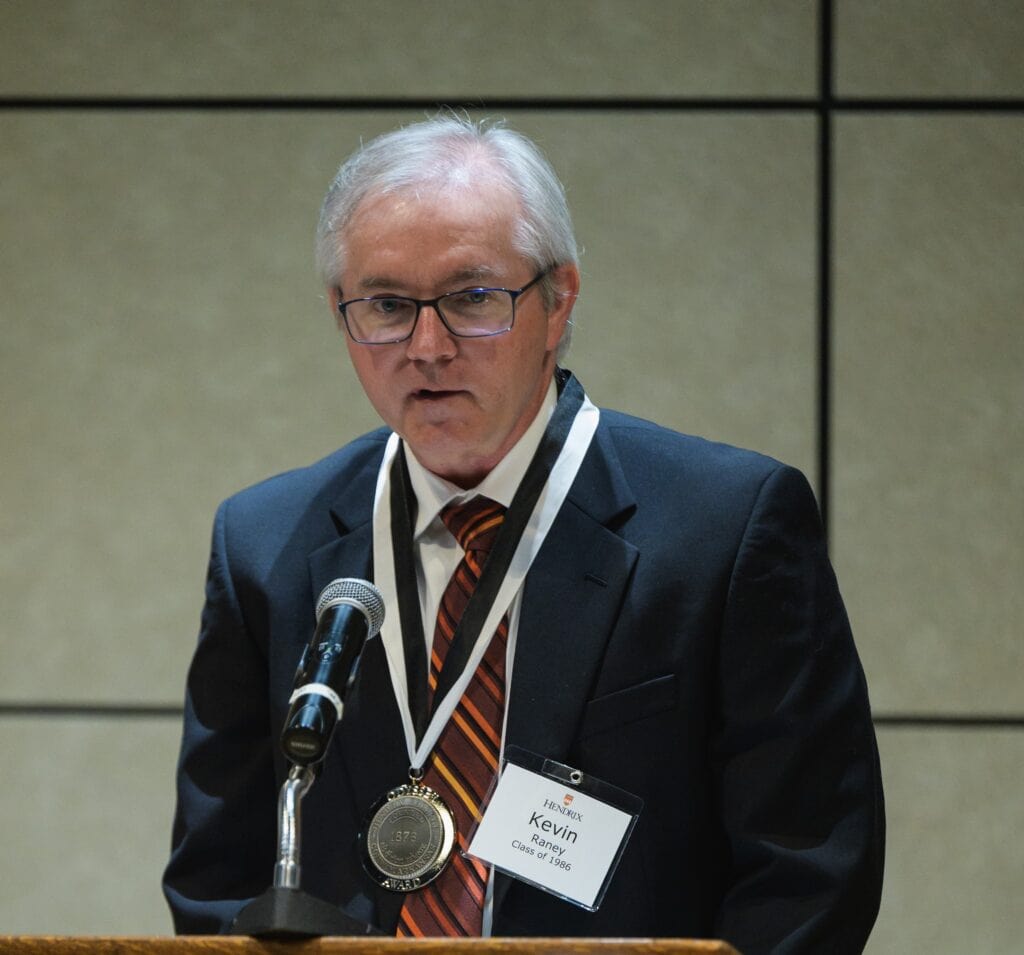
We’re delighted to share the exciting news that Kevin D. Raney, Ph.D., Professor & Chair of Biochemistry and Molecular Biology has been honored with the 2023 Odyssey Medal from Hendrix College. These awards, presented by the Board of Trustees, recognize individuals whose life achievements that reflect the essence of the Hendrix Odyssey program, with a particular focus on accomplishments in various categories, including research.
In recognition of Dr. Raney’s outstanding contributions, he was presented with his medal at a luncheon and recognized at a special reception held on October 26, 2023. We warmly invite you to join us in congratulating Dr. Raney for this well-deserved recognition.
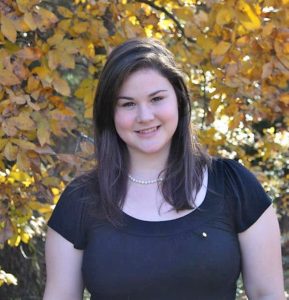
I am a 4th year student in Biochemistry and Molecular Biology
Arkansas Tech University – Bachelor of Science in Biology, Bachelor of Arts in Music, Minor in Chemistry
My graduate work aims to expand current knowledge on the regulation of the double stranded break response. Specifically, I study the histone H2AX and how it interacts with downstream components of the DNA damage response. Recently, I have been working to characterize a non-canonical mechanism of 53BP1 recruitment to sites of DNA damage which we found is mediated by the H2AX C-terminal linker region.
I have been fortunate to attend multiple scientific conferences during my graduate studies. Before the conferences, I was so nervous about presenting at the poster sessions. However, once I got started, I realized that poster sessions are a lot of fun. It’s a great way to meet other scientists that are interested in your work, get input and new ideas, and geek out. So now, I look forward to presenting at poster sessions and getting to discuss my research with new people in a relaxed setting.
Once I obtain my PhD I will continue to pursue a career in cancer research.
One of my favorite techniques in the lab is cloning. Prior to and during my graduate studies, I did a lot of synthetic biology to develop plasmids for my projects. I really enjoy piecing things together or changing sequences to make something entirely new.
I do MMA and Brazilian Jiu Jitsu, and I have a black belt in Taekwondo. While I don’t practice as much as I used to (life is busy), I still spend many evenings wrestling my two- and four-year-old.
2022 – Awarded a $1500 travel grant through the WPRCI Cancer Research Training and Education Core
2023 – Awarded a $5161 Voucher through the WPRCI Shared Resource Voucher Program
2023 – Received 1st place for the Bhuvan Award for Excellence in Biochemistry Research at UAMS Student Research Day
2023 – Received award for Best Graduate Student Poster at the WPRCI Cancer Institute Retreat

Mohammad Rahman, Ph.D. was awarded a grant from the Arkansas Breast Cancer Research Program for his project, “Manipulating RNA Splicing as a Targeted Therapeutic Approach in Breast Cancer.” Dr. Rahman is an Assistant Professor in the Department of Biochemistry and Molecular Biology and a member of the Cancer Biology Research Program of the Winthrop P. Rockefeller Cancer Institute.
